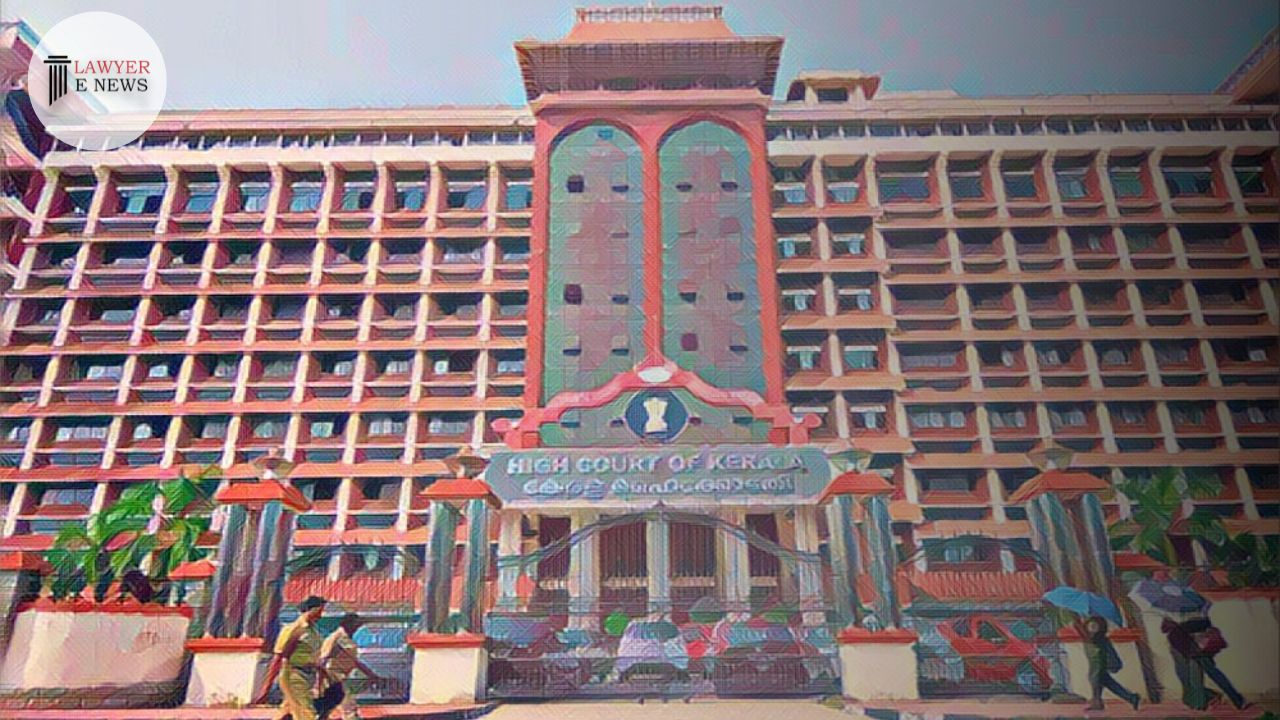-
by Admin
15 February 2026 5:35 AM



The Court set aside ex-parte orders from the District Consumer Disputes Redressal Commission, allowing the petitioner to participate in proceedings despite delayed submissions.
The High Court of Kerala, in a notable decision, has set aside ex-parte orders passed by the District Consumer Disputes Redressal Commission (DCDRC) in multiple consumer complaints against NTC Nidhi Ltd. Justice Dr. Kauser Edappagath delivered the judgment on June 11, 2024, emphasizing the petitioner’s right to participate in proceedings even after the statutory period for filing a version had lapsed. This ruling addresses a critical issue in consumer law, balancing procedural compliance with the right to fair representation.
NTC Nidhi Ltd, represented by its branch manager Saritha M., was the petitioner in several connected cases before the DCDRC, Palakkad. The complaints, filed by different respondents including Thishya Rekshit Krishna S. and Shaj B., alleged deficiency of service and sought compensation. NTC Nidhi Ltd filed its version in response to these complaints beyond the statutory deadline, leading the DCDRC to reject the filings and proceed ex-parte. The petitioner subsequently sought to set aside these ex-parte orders, which were also dismissed by the DCDRC, prompting the appeal to the High Court.
Justice Edappagath underscored that while timely filing of the version is essential, the petitioner’s continued representation in the proceedings cannot be ignored. The Court noted, “For the mere reason that the opposite party failed to file the version within time, it cannot be said that they failed to represent the case before the DCDRC.” This distinction was crucial in determining the petitioner's right to participate in the subsequent proceedings.
The Court referred to the Supreme Court decision in ARN Infrastructure India Limited V. Hara Prasad Ghosh, which held that a party’s right to cross-examine and adduce evidence remains intact despite procedural lapses. Additionally, the High Court cited the ruling in Saint Gobian India Pvt. Ltd V. Deepak Achuthan, reinforcing that procedural defaults should not preclude substantive justice.
The legal reasoning in the judgment focused on ensuring that the principles of natural justice are upheld. The Court emphasized the necessity for a fair trial, allowing the petitioner to cross-examine witnesses and present evidence. “The DCDRC shall allow the petitioner to take part in the proceedings, adduce evidence, and cross-examine the witnesses of the complaint,” stated Justice Edappagath. This approach ensures that procedural defaults do not result in an automatic forfeiture of the right to a fair hearing.
Justice Edappagath remarked, “Even if a party fails to file a version, as long as they continue to represent their case in any manner, they cannot be subjected to an ex-parte order under the statute.” This statement highlights the Court’s commitment to fair representation over procedural rigidity.
The High Court’s ruling has significant implications for consumer law and procedural fairness. By setting aside the ex-parte orders and allowing the petitioner to participate in the proceedings, the Court has reinforced the principle that justice should not be sacrificed at the altar of procedural technicalities. This decision is expected to influence how consumer disputes are handled, ensuring that both parties have an equitable opportunity to present their case.
Date of Decision: June 11, 2024
NTC Nidhi Ltd vs. Thishya Rekshit Krishna S and Others
